
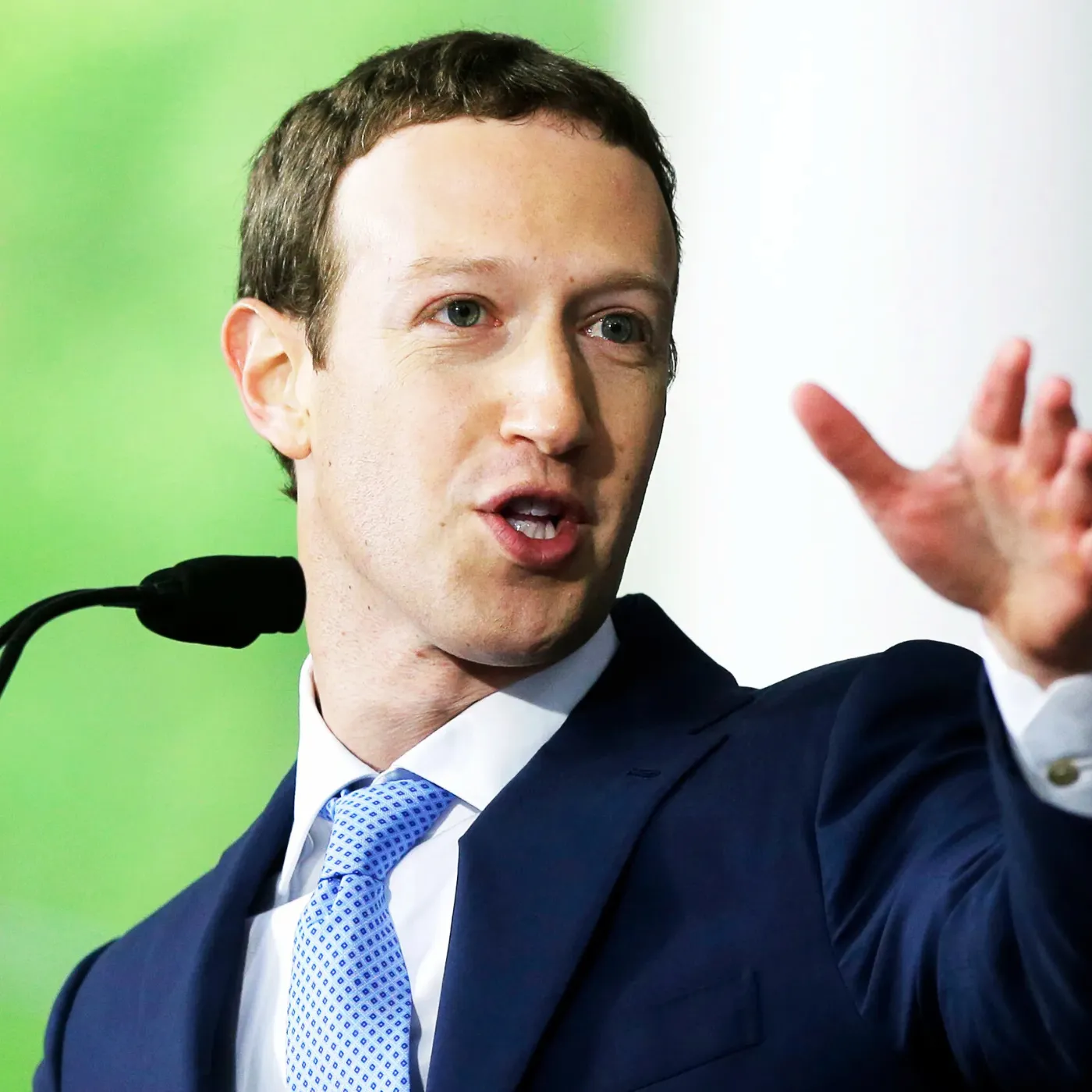
Mark Zuckerberg Questions the Value of College Education for Today’s Job Market
Mark Zuckerberg, the billionaire CEO of Meta (formerly Facebook), is no stranger to challenging conventional wisdom. Over the years, he has been an advocate for disrupting industries, pushing boundaries, and questioning traditional models. One area where he has openly expressed doubts is in the value of a college education.
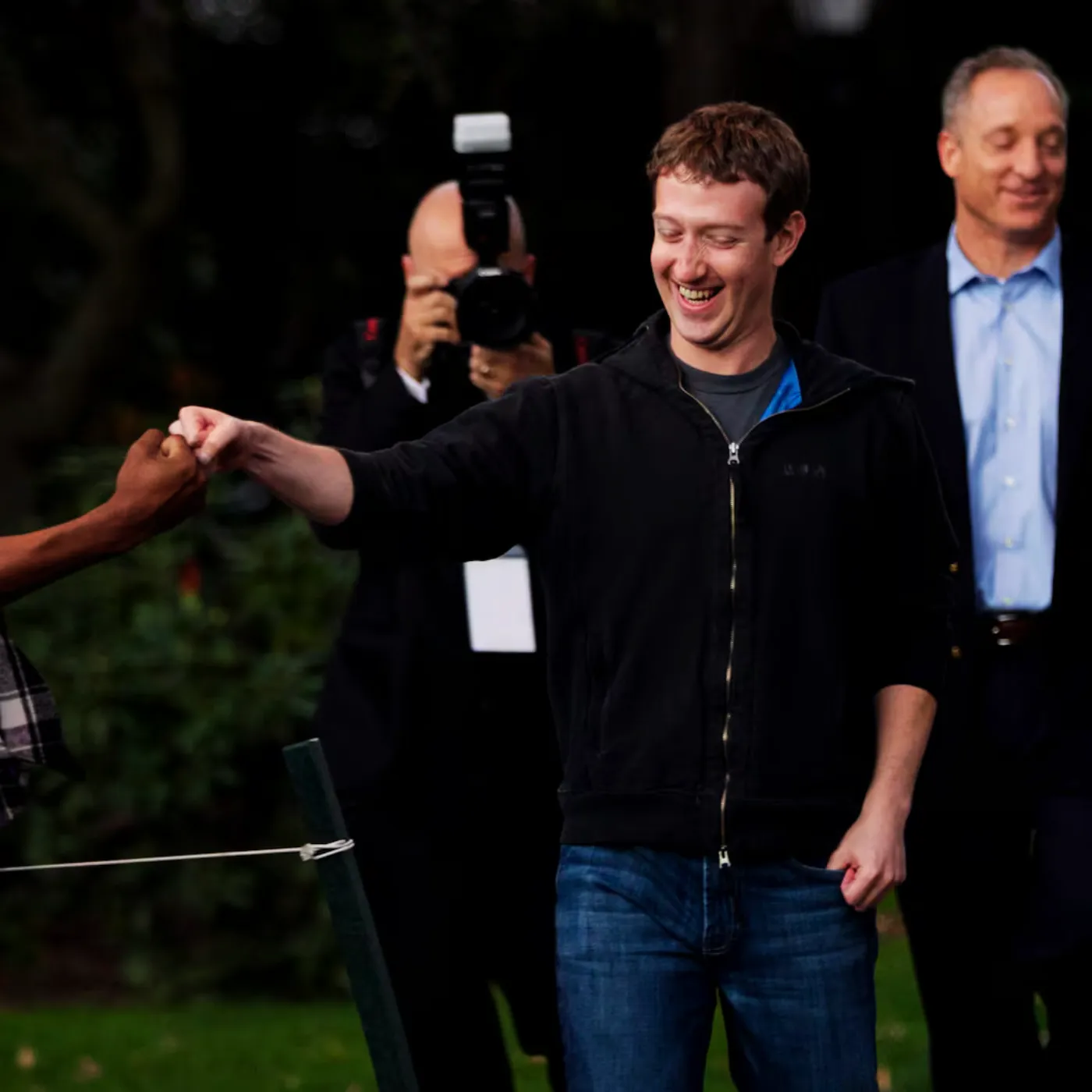
Zuckerberg, who famously dropped out of Harvard to start Facebook, has made his stance on education clear: he believes that college is no longer preparing people for the realities of the modern job market. In fact, Zuckerberg has gone so far as to say, “I’m not sure that college is preparing people for the jobs that they need to have today.” His statement, while bold, raises crucial questions about the role of higher education in today’s rapidly evolving economy.
This viewpoint has sparked significant conversation, as it challenges the widely accepted idea that a college degree is the best path to career success. But, is Zuckerberg’s perspective valid? Could the current higher education system really be falling short of its promises, or is this just another high-profile tech mogul dismissing traditional institutions? In this article, we will explore why Zuckerberg’s doubts are worth considering and examine the broader implications of his perspective on education.
The Changing Job Market
Zuckerberg’s concern is rooted in the changing nature of the job market. The world is witnessing unprecedented technological advances, with automation, artificial intelligence, and digital transformation reshaping industries at an accelerated pace. Traditional jobs are being replaced or significantly altered, and new types of employment are emerging.
In this context, the traditional college degree—long seen as the gateway to a stable career—may no longer be the ticket to success. Many of the skills needed in today’s economy are not always taught in universities. For example, positions in tech, creative industries, and entrepreneurship often require hands-on experience, problem-solving abilities, and digital literacy, all of which may be underrepresented in a traditional academic curriculum.
Tech giants like Zuckerberg, who have risen to success in a rapidly changing technological landscape, argue that the traditional educational system lags behind the real-world skills demanded by employers. According to them, the focus on rote memorization and theoretical knowledge leaves students ill-equipped to tackle the practical challenges they will face in their careers.
The Rise of Non-Traditional Education
Zuckerberg’s doubts about college are shared by many in the tech world. As we move further into the digital age, alternative learning pathways are gaining traction. Bootcamps, online courses, mentorship programs, and self-guided learning have become increasingly popular, particularly in fields like software development, data science, and digital marketing.
These non-traditional educational routes offer a more flexible and targeted approach to acquiring skills. For instance, coding bootcamps often condense years of programming knowledge into a few months, equipping students with the skills needed to enter the workforce quickly. Similarly, platforms like Coursera, Udemy, and edX provide affordable courses on everything from AI to business management.
The appeal of these alternative education models lies in their practicality. Many people argue that they offer a more efficient way to acquire job-specific skills without the time, cost, and sometimes irrelevant content found in traditional college degree programs. By bypassing the years of general education requirements and focusing solely on industry-specific knowledge, non-traditional education can be tailored to the current needs of the job market.
Zuckerberg himself has been involved in initiatives that promote non-traditional education. He has supported the Chan Zuckerberg Initiative, which aims to improve education through innovative and personalized approaches. These initiatives reflect his belief that the future of education may not lie in the traditional four-year college degree, but in a more diverse, flexible, and adaptive approach to learning.
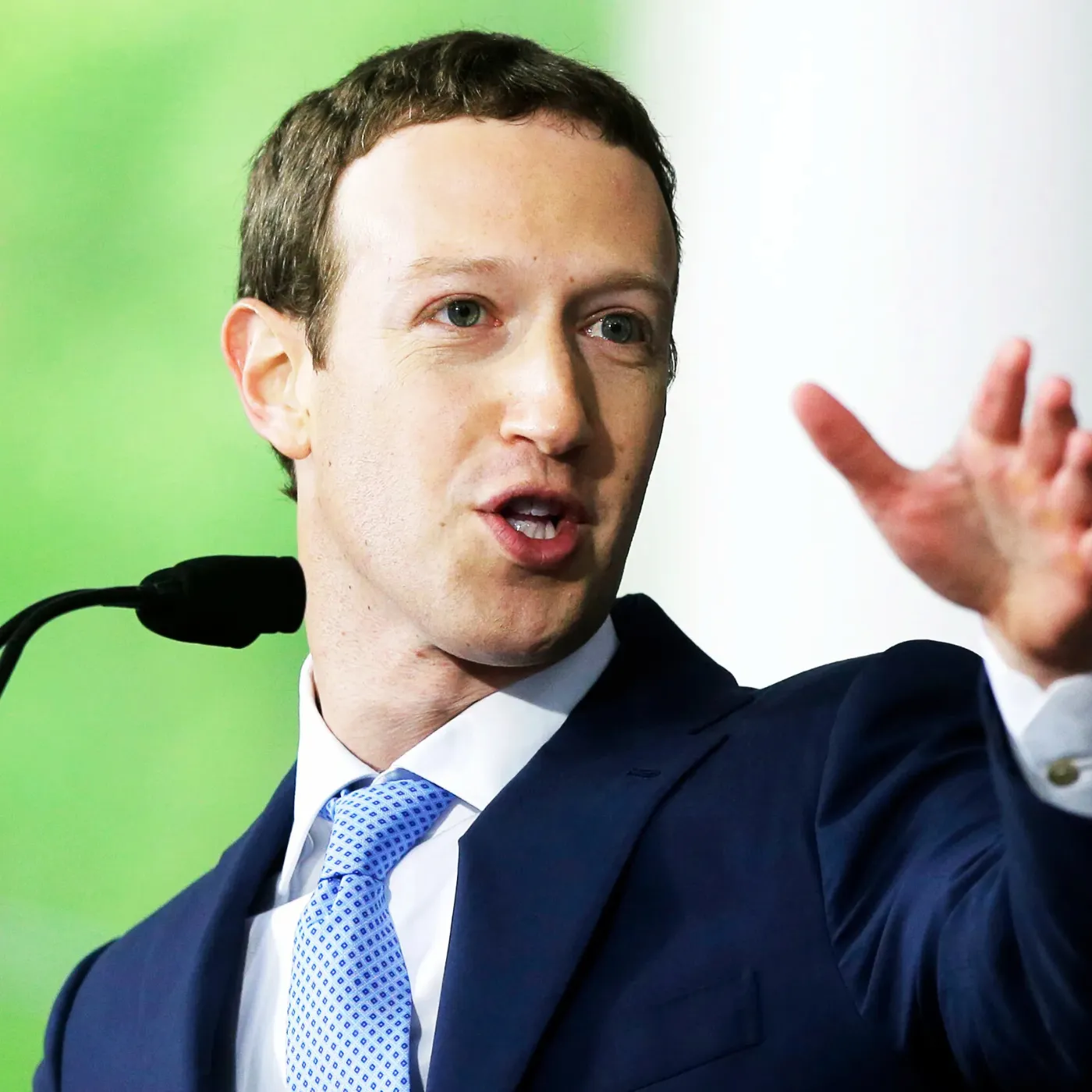
The Costs of Higher Education
One of the major criticisms Zuckerberg and other critics of traditional higher education often raise is the exorbitant cost of college degrees. Tuition fees have been rising steadily for decades, far outpacing inflation and the general cost of living. According to recent statistics, the average student loan debt for U.S. graduates is around $30,000, with many students burdened with debt that can take decades to pay off.
This growing financial strain has led many to question whether a college education is worth the cost. While a degree may still offer a path to higher-paying jobs in fields like law, medicine, and academia, it is not always a guarantee of financial success. Moreover, many students graduate with degrees that are not directly aligned with the job market, leaving them underemployed or stuck in jobs that do not require a degree at all.
Zuckerberg’s skepticism about college is fueled by this financial burden. He has spoken about the importance of providing people with affordable pathways to success, and this aligns with his belief that the traditional college model is too expensive and inefficient for many students.
The Pressure to Have a Degree
In addition to the financial burden, there is also significant societal pressure to attend and graduate from college. For decades, the conventional wisdom has been that a college degree is the only way to secure a stable and successful career. This cultural expectation has created an environment where young people feel that they must go to college, even if they are unsure of their career goals or the field they want to pursue.
This pressure is compounded by the perception that anyone without a college degree is at a disadvantage in the job market. However, as Zuckerberg and other tech leaders have pointed out, there are many successful individuals who never graduated from college or took non-traditional educational routes. Some of the most prominent figures in Silicon Valley, including Steve Jobs, Bill Gates, and Zuckerberg himself, famously dropped out of college and built multi-billion-dollar companies.
These examples demonstrate that success does not always require a traditional degree. In fact, many high-paying and in-demand jobs in the technology sector value skills and experience over formal education. Tech companies often prefer candidates who can demonstrate practical skills through portfolios, coding tests, or work experience, rather than relying solely on academic credentials.
The Changing Role of College in Society
Despite Zuckerberg’s doubts, it’s important to acknowledge that college still serves an important role in society. Higher education provides more than just job-specific training; it also fosters critical thinking, intellectual growth, and personal development. College can be a transformative experience for many students, offering them the chance to broaden their horizons, engage in meaningful discussions, and form lasting relationships.
For some individuals, a college education is essential for entering certain fields, such as medicine, law, engineering, and academia. These professions require specialized knowledge and training that can only be obtained through formal education. College also provides a structured environment where students can explore different fields of study, which can be valuable for those who are uncertain about their career path.
Moreover, the college experience offers a sense of community and social connections that can be crucial for personal and professional growth. For many, college is not just about academics; it’s about the friendships, experiences, and networks they build during their time on campus.
The Future of Education: A Hybrid Approach?
Given Zuckerberg’s doubts about the current educational system, it’s worth considering the future of education as a whole. The future may not lie in choosing between a traditional college education or an alternative learning path but in finding a hybrid model that combines the best of both worlds.
For example, universities could collaborate with tech companies to offer programs that provide students with real-world, industry-specific experience alongside academic knowledge. This type of curriculum would better align students’ education with the needs of the job market, ensuring that they graduate with the skills and knowledge required for success.
Additionally, institutions could incorporate more flexible learning options, such as online courses, apprenticeships, and internships, into their degree programs. This would allow students to gain practical experience while pursuing their academic studies, offering a more well-rounded education that prepares them for the future job market.
Zuckerberg’s perspective on education is a call for innovation and adaptation. The current system may not be perfect, but it is possible to create a new model that addresses the gaps and challenges of traditional college education while still preserving its core values.
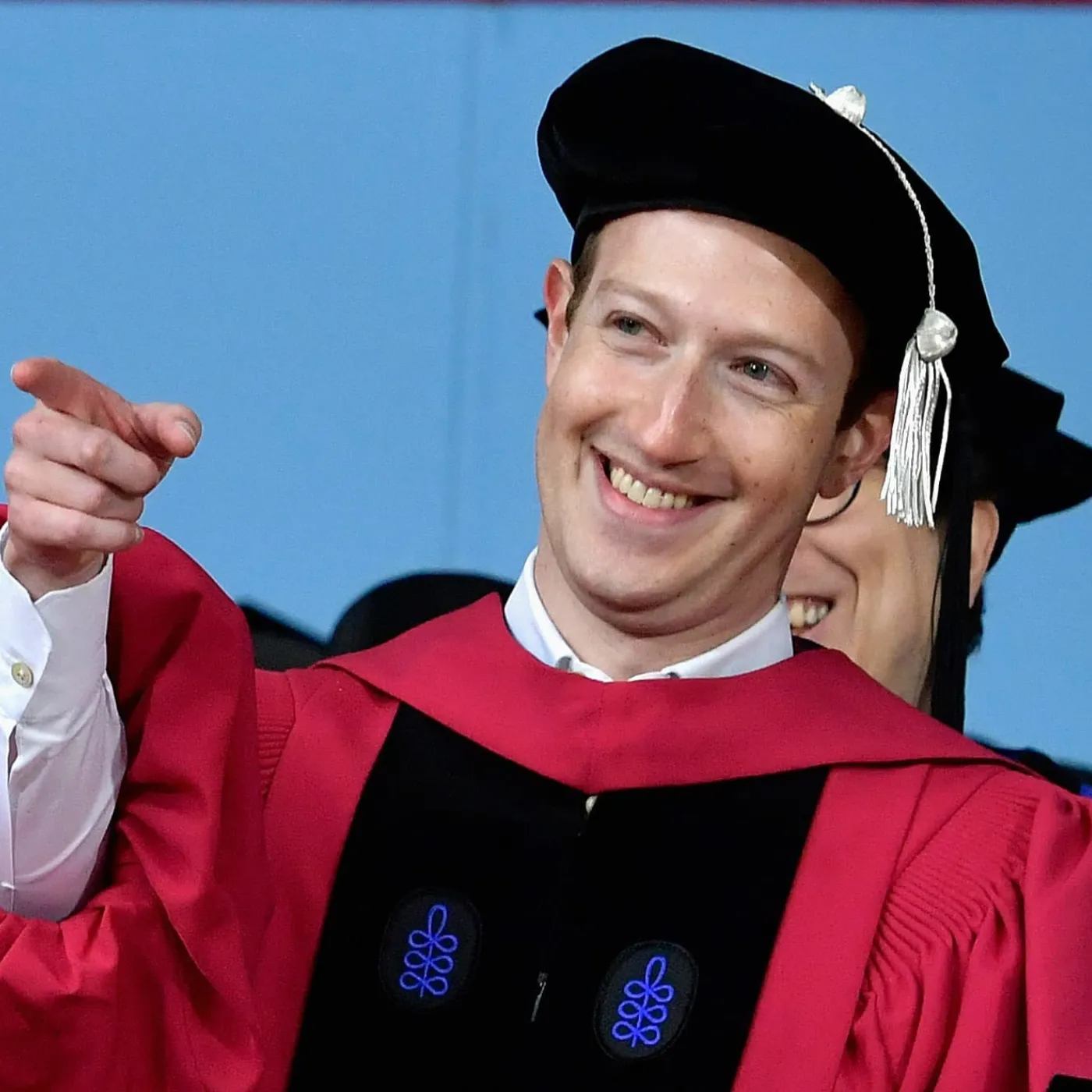
Conclusion
Mark Zuckerberg’s doubts about the value of a college education are more than just the musings of a wealthy tech mogul. His concerns reflect broader trends in the job market, the rising cost of education, and the increasing importance of practical skills over theoretical knowledge. As the world continues to change, so too must our approach to education. Whether through non-traditional pathways, hybrid models, or a reevaluation of what college is meant to provide, there are opportunities for a more adaptable, efficient, and affordable educational system that better prepares individuals for the realities of the modern job market.
As society grapples with the evolving role of higher education, Zuckerberg’s perspective serves as an important reminder: the value of a college degree should be measured not by tradition or societal pressure but by its ability to prepare individuals for success in a rapidly changing world.









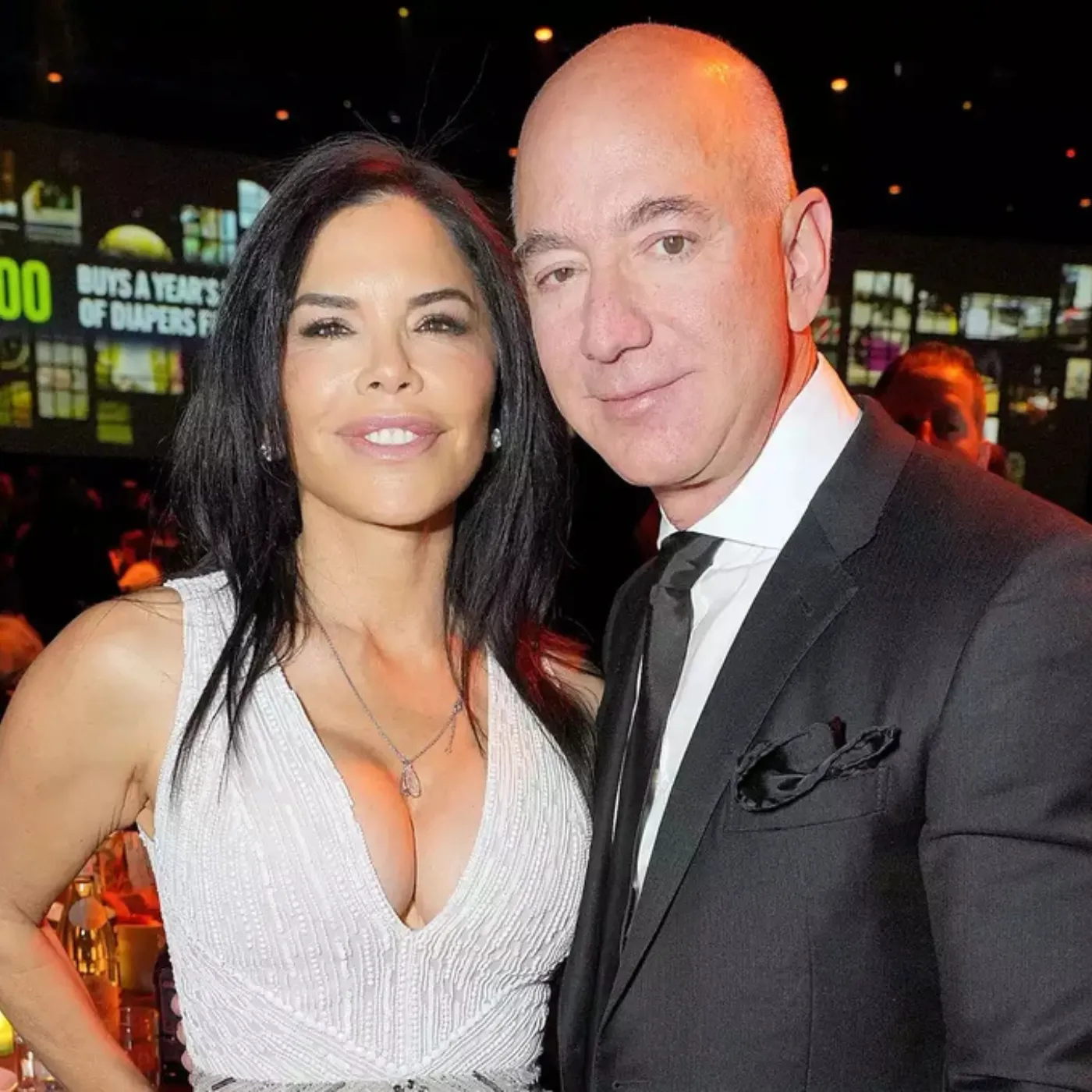









Post Comment